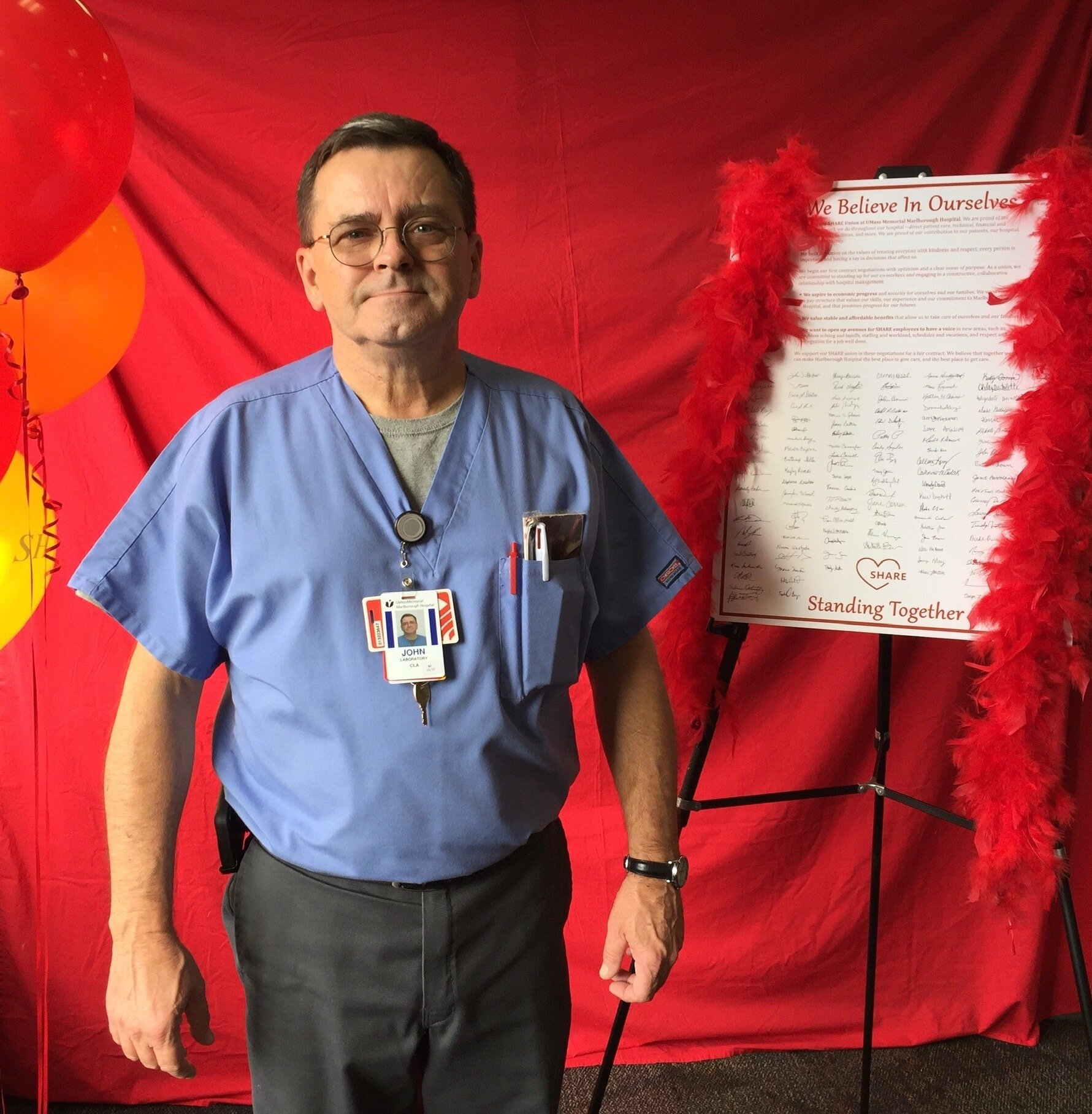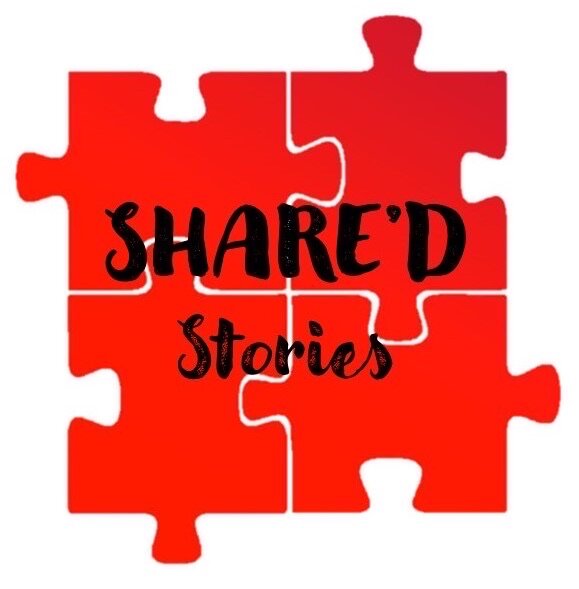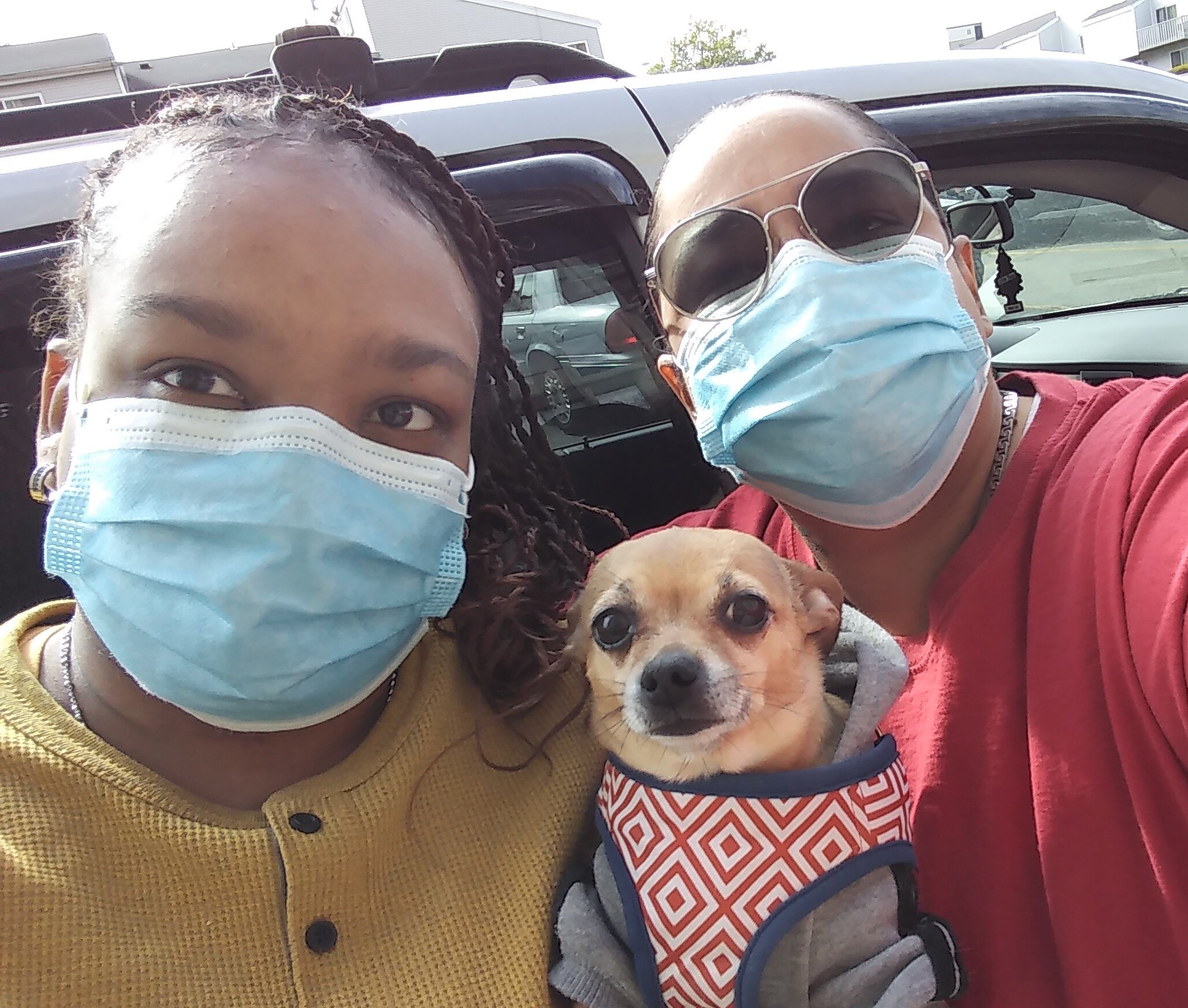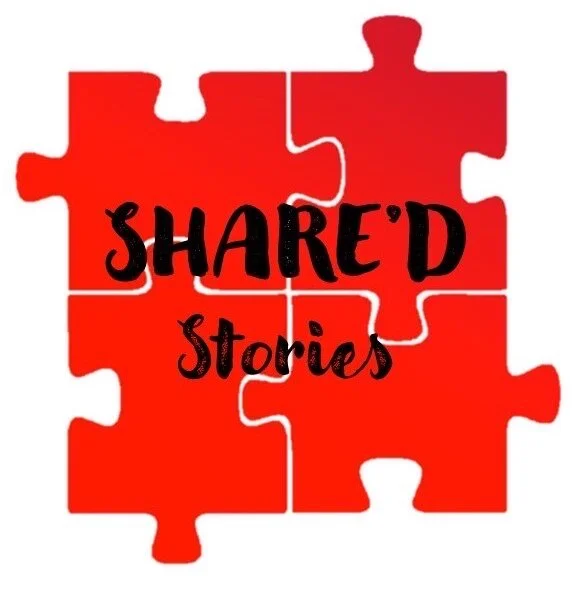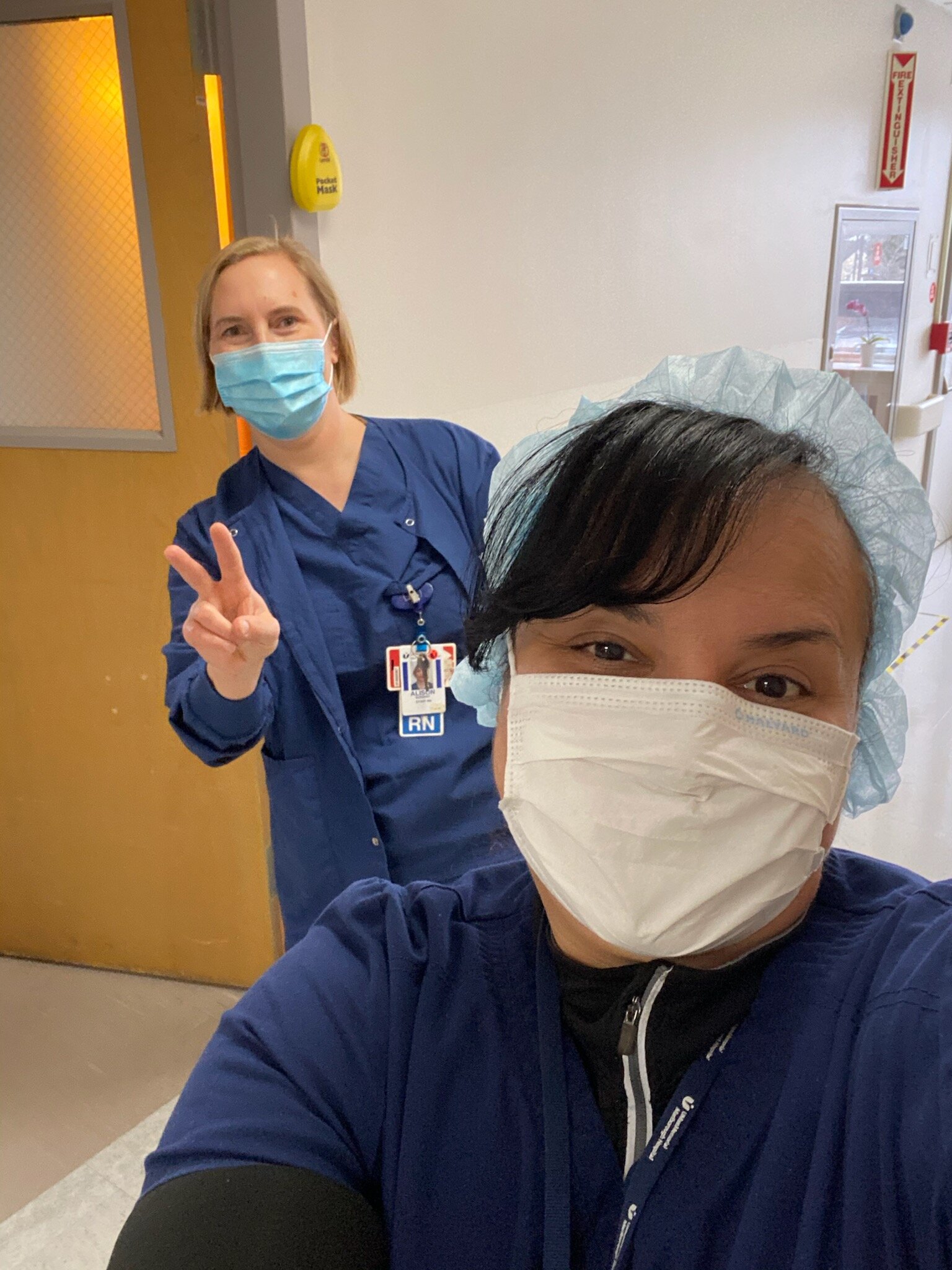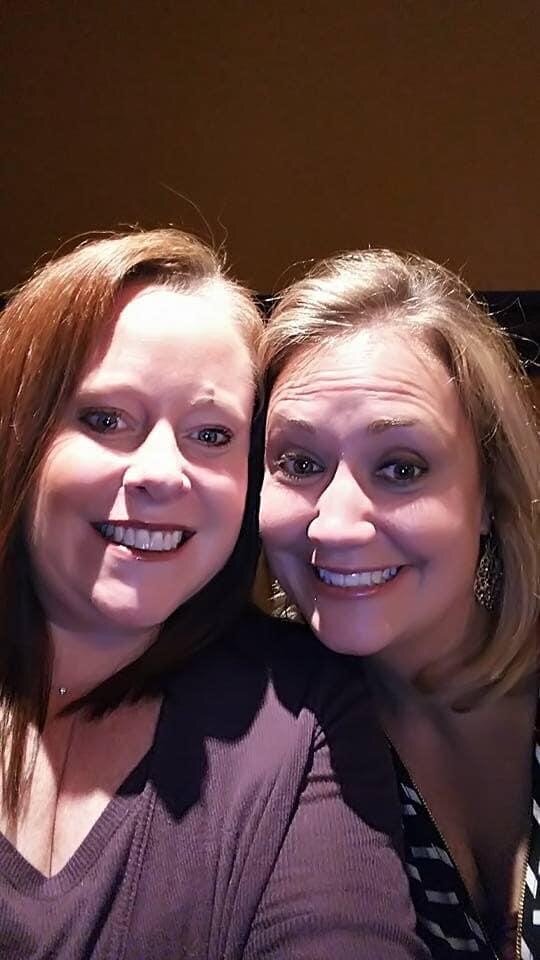The surge is now. Many SHARE members are dealing firsthand to make sure patients get the best care during what we hope will be the peak of the COVID-19 cases here in Central Mass. Our hospital would not be the same without each one of us. Below, we check in with members from two more sites in our hospital network . . .
Jason Trenkle
Administrative Tech & SHARE Executive Board Member, Marlborough Emergency Department, 4/29/20
We were in a really good place at the start of this. We were able to get a lot of people trained and up to speed and everyone was very flexible. I'm sure we all experienced the same machine gun fire of new protocols that kept coming at us. We'd be told one thing, then five seconds later we'd be told something else. That seemed to get people together quickly. I'm proud of how we've been able to handle this so far.
The honeymoon period of over-staffing, over-training and lots of info has slowed, though, as patient-load has kicked up. People are ever so-slightly clipped, trying to get a lot done and trying to stay focused. Anytime I've had a negative experience though, I can look back on it and understand where it was coming from. Sometimes, I pass people in the hall and am surprised when they seem frustrated with me out of nowhere. Then I remember that they're up to their necks in work, too, and maybe I was being a little too cheery for that moment. Now, I'm trying to be more focused and read the situation better. People are strained and I know it's not personal when we get short with each other.
Other times, I've felt helpless. The other day, everything was slow and we were all pretty relaxed until noon came and patients started pouring in on both ends. All the sudden, we were intubating two people at once, and we didn't have everything we needed. People were really frustrated, so I tried to focus on what was needed two steps down and make it easier for the staff. I try to focus the best I can, despite the tension.
One of the most memorable moments so far is one of the first intubations I was present for. I was outside the door being a gofer and testing all of our new techniques. It was stressful trying to get an old baby monitor with a grainy image to work properly to help people outside the room interact with people inside the room. It's a hard wooden door, there are tons of PPE and hoods, It's hard to communicate through all of that, but we're trying to limit exposure as much as possible. During that first intubation of a COVID-19 patient, it was like, 'OK, this is happening. Ready. Set. Go.' People jumped into it, muttering to themselves all the steps, trying to get it right. And I'm trying to get everyone to doff and don everything properly. The docs are so practiced but sometimes they forget. I try to take care of all if it, but it's hard not to be on edge just to do very simple things. I'm trying to be as efficient as possible but I realize sometimes that I'm taking longer because I'm rushing. I tell myself, 'Just take a breath and see a couple steps ahead. I need to do this, so I can do that.'
The hardest part is that you're never really ready for it. Maybe that's just the ER. We go from zero to one hundred. The day will start off slow and then lunch hits and there's six more patients than when I left half an hour ago. It can turn on a dime and you need to be able to perform at your peak and get everything done and then all the sudden 3 o'clock comes. I don't feel done, but, I've got to go home. I've got to get outta here. The next shift is here. Then I'm heading home and trying to come down, but it's not always that easy. My husband works 9a-5p and lives off of the news. He turns it on as soon as he gets home. It's always stories from other hospitals where it's just dire. When there are touching stories, I try not to weep like a baby. I try to take myself out of the moment for a while. I just look out the window and focus on my breathing. I'm trying to be strong for my family and not put too much on them. I'm trying to be strong for my husband, so that he's not too stressed out. Sometimes it's hard. After four days on, I really get tired and my defenses fall. I feel guilty about that though. So many people are working many more hours than that. I know of a nurse who was hired to work in New York City for 80+ hours a week. It makes me feel silly to say I'm burned out and emotionally pushed. I guess there are a lot of mountains and valleys. I find comfort in being able to go to work and focus on the here and now. But, when I go home I worry about the global scale of this. I worry about the implications, not just financially, but what its going to do to our culture. I worry about all kinds of things that could morph from this. I'm ready to get back to my normal life. I also feel guilty for wanting that, but I want to play soccer with my friends. I want to be able to play pick-up games at the park.
I feel grateful for my mornings though. I get in it's 6:45 a.m. when the town hasn't really woken up yet. There usually aren't that many patients and we all get a moment to commiserate about the day before over a cup of coffee. For a moment, it feels normal. Even through the rest of the shift feels totally bonkers and the outside world feels completely different. It feels like our jobs haven't changed, there's just a ton of new protocol. It feels still and it's nice. I'm grateful that even though the world has changed that that part of the day is totally the same.
ANNETTE MACHUNSKY
SPECIALTY A/R COORDINATOR & SHARE Representative, 306 BELMONT ST, 4/28/20
When this all started, most of the rest of my co-workers got sent to work from home for social distancing. Our department of over thirty people shrank to two of us in the department in our building. Only Mary and I kept working here on-site. I focused on the attorney letters.
Eventually, Mary went to work from home, too, and I was left to myself. The whole team was back home generating paperwork, and checking-in with me to see what was happening with their work. I had to handle all the physical stuff for the department, printing things out.
It was hard. Printers were broken. I worked with that. I spent all day walking from one end of the building to the other and back. I did miles of steps.
I’m a hard worker. I take real pride in what I do. So when my manager asked why things weren’t getting done, I needed windshield wipers to handle the tears. “It’s just printing,” she said. But it wasn’t. I can do most anything, and I know it. I definitely didn’t want to seem weak.
But I’m very vocal. My manager came back into the building to work at it, too, and so did my supervisor. Even the three of us barely made a dent. It takes a village.
Now things are turned around. Seeing I.S. come in was amazing. Angela has taken over the work I was originally doing. Anna and Katie came back into the department for a couple of days to help catch up. Buffie and I are still working at it together. In the end, probably twenty full boxes of paper got printed. The scanning team -- Tyler and Jaycie – they’ve been doing all of their own work, and then some.
Our Director made a good point: the payors are now pushing out deadlines, but we haven’t missed a beat, and we’re catching up to make sure that our hospital gets paid every penny for the care we give. We need it to survive. Everybody’s working together to bring the money in. It was great to hear Eric Dickson thank the finance team in the Townhall meeting last week.
I want to give every person a shout out. There’s no “I” in “team.” My favorite thing is all of the positivity. Valerie works in Pre-Billing, and her humor gets me through the day. There aren’t many of us here on-site, but the team lines are blurring. We’re like a family. I don’t feel alone. Everyone is helping everyone else. I’m never going to be a nail that you’re going to hammer down, but being in SHARE helps me be up front. Being a SHARE Rep gives me more ways to help others.
